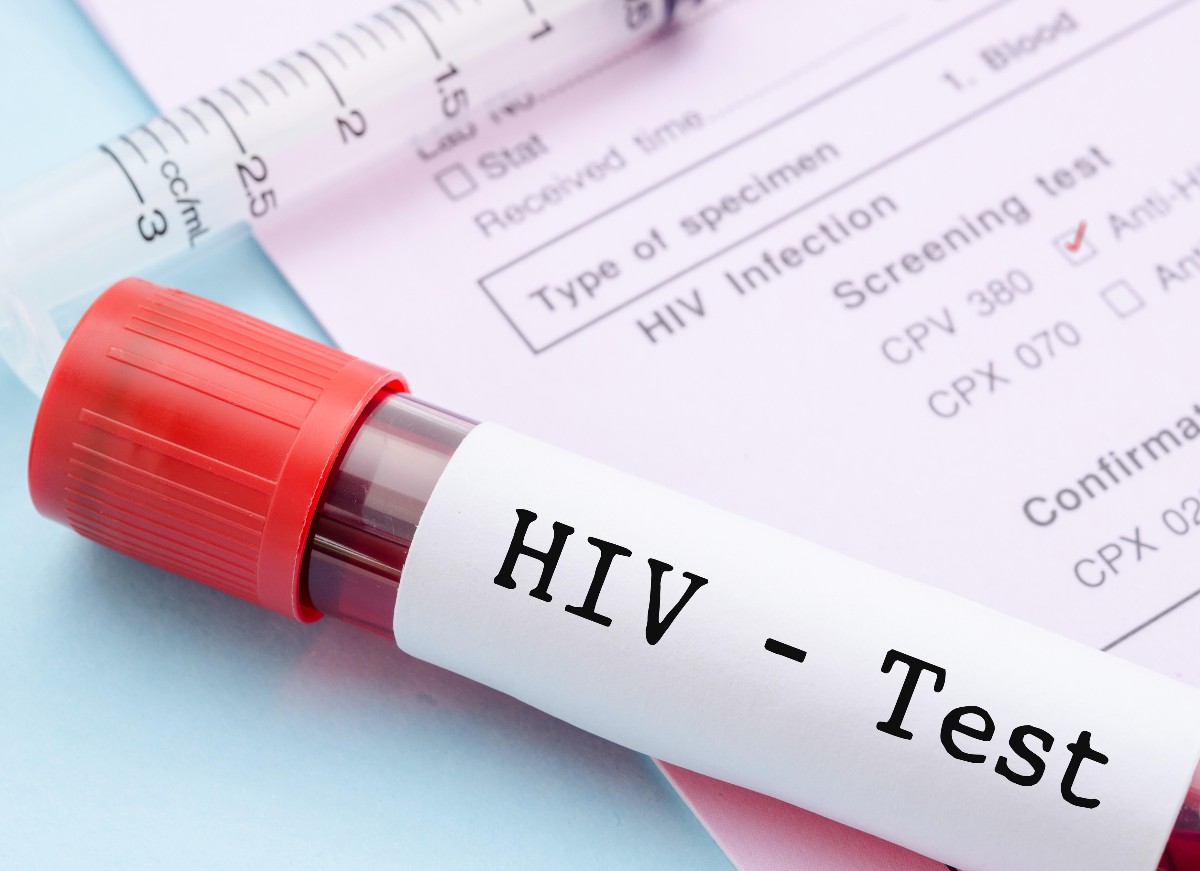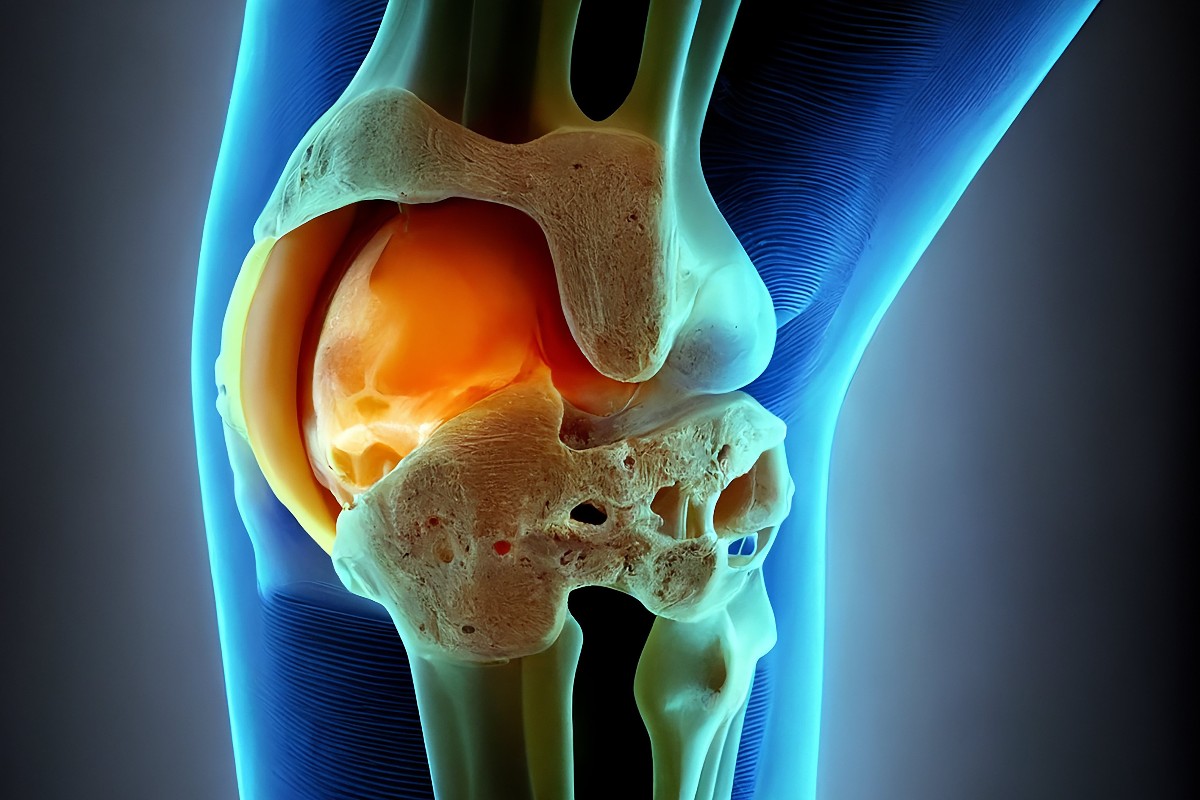
Millions of Americans deal with the sleep deficits brought on by sleep apnea, and many turn to one of the few treatments out there, continuous positive airway pressure (CPAP) machines. But what if new neurochemical targets in the brain could lead to new, less cumbersome therapies for sleep apnea? That’s what a team at the… read on > read on >

















.jpeg)
